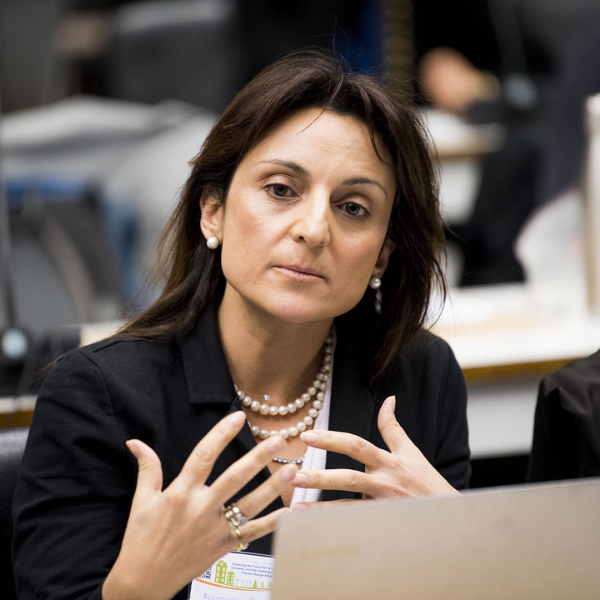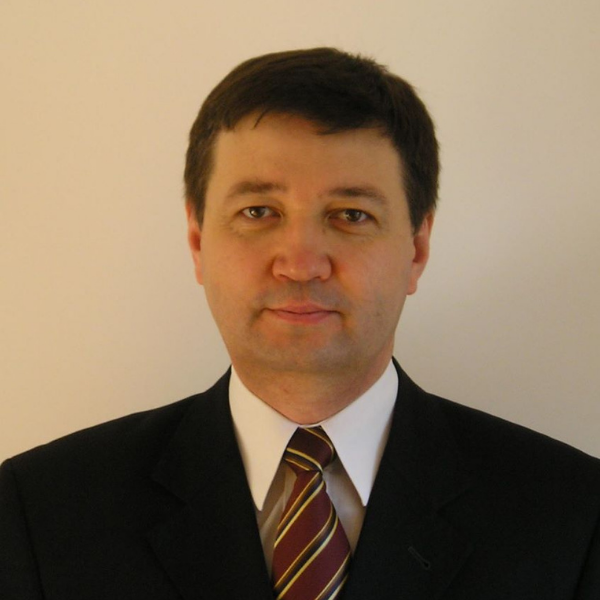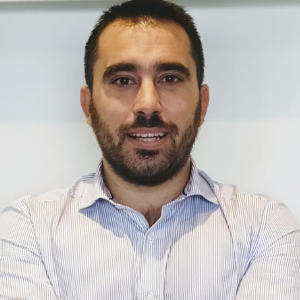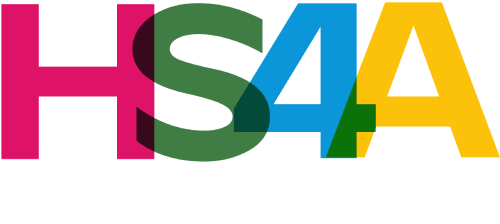Methods & Tools For Human Security
Webinar: Quantitative Methods and Tools for Human Security
The World Academy of Art and Science (WAAS) hosted an online event titled “Quantitative Methods and Tools for Human Security,” part of its prestigious WAAS Talks Series on June 13, 2023.
The event provided invaluable insights into the intersection of data-driven approaches and global stability. Eminent experts and scientists from a variety of disciplines came together to share their expertise and explore the potential of quantitative methods in addressing the challenges facing humanity today.
Purpose
This webinar provided a framework for free debate and exchange of ideas, best practices and knowledge in order to identify new directions to be followed for scientific, evidence-based approaches to Human Security. In addressing complex global problems such as conflict, poverty, environmental degradation, and social inequalities, the role of data in decision-making has become increasingly important.
From a methodological point of view, ensuring human security at all scales of the society consists of: preliminary evaluation of the status of the three freedoms and seven dimensions, identification and characterization of risks, definition of solutions with contingency plans by co-creation and co-design, implementation of measures and assessment of their impact.
From a scientific perspective, the process includes a broad range of methods, multiscale and multiphysics models, approaches, data collection, data processing and mining, solvers, knowledge-based, multicriteria decision-making, multipurpose digital platforms and interpretation.
Participants
Participants included international and governmental responsible bodies representing different dimensions of human security, members of parliaments, government officials, academicians, students, NGOs and experts in the field. Computational modelling, statistical analysis, network science, data visualization, and machine learning were among the topics covered. These tools enable researchers to analyse large amounts of data, identify patterns, and predict future trends to improve our understanding of human security challenges and support policy formulation.
In addition, the event explored data-driven approaches to addressing socio-economic inequalities and promoting sustainable development. Using quantitative tools, researchers can map poverty, inequality, and resource allocation patterns, facilitating the identification of marginalized populations and enabling policymakers to implement targeted interventions. These methods also help monitor progress towards the United Nations Sustainable Development Goals (SDGs) by providing accurate and timely data for evidence-based policy formulation. As we embark on this journey, it is important to acknowledge the ethical considerations and challenges associated with quantitative methods in human security research. Discussions during the event revolved around topics such as privacy, bias and the responsible use of algorithms. Experts emphasized the importance of ensuring transparency, accountability, and inclusivity in the use of quantitative tools, thereby promoting ethical practices that prioritize the well-being of individuals and communities.
The event offered a unique opportunity to engage with leading experts, gain insights into the latest advancements, and be part of the ongoing discussions shaping the future of global stability.

MODERATOR
Phoebe Koundouri, Professor, Athens University of Economics and Business & Technical University of Denmark; President, European Association of Environmental and Resource Economists; Chair, SDSN Global Climate Hub

SPEAKER
Garry Jacobs, President and CEO, World Academy of Art & Science

SPEAKER
Jeffrey Sachs, President, UN SDSN; Director, Center for Sustainable Development, Columbia University

SPEAKER
Adrian Bejan, J.A. Jones Distinguished Professor, Duke University

SPEAKER
Eden Mamut, Director, Black Sea Universities Network; Professor, Ovidius University

SPEAKER
Konstantinos Dellis, Postdoctoral Researcher, University of Piraeus and ATHENA RC
Human Security Metrics Project
The “Cross-Country Metrics for Comprehensive Human Security Assessment” project, from March to October 2024, aims to develop a standardized set of metrics to assess human security across nations. Human security is a multi-faceted concept encompassing various dimensions of well-being, and this project will focus on seven key aspects: economic security, food security, health security, environmental security, personal security, community security, and political security. By creating a comprehensive framework, the project seeks to enhance global understanding and facilitate informed policy decisions.
Objectives
- We aim to create cross country Indicators for the 7 aspects of Human Security using comparable hard data from multiple sources
– based on KPIs used for the 169 SDG targets and 247 indicators but expanding to encompass Human Security concepts
– develop under a holistic framework incorporating all aspects of HS - Utilize ML techniques to create a unique set of new indicators pertinent to the HS aspects using relevant online data.
- Utilize ML techniques to link policy documents, reports, and scientific papers to the 7 aspects of HS.
- Assess public sentiment on issues related to HS aspects like personal, community, and political security.
- Contribute to the early detection of health crises or outbreaks.
Methodology
- Review the Literature on HS and Reports producing metrics
- Assign Material Issues for each one of the 8 HS dimensions

- Assign KPIs for each Material Issue
- Collect Data through a robust data collection mechanism, leveraging both qualitative and quantitative data sources
- Standardize metrics to ensure harmonization
- Use natural language processing (NLP) to analyze news articles and social media posts. Track changes in sentiment over time or in response to specific events or policies. (Data Sources: Online news outlets, social media platforms, forums, and blogs.)
- Analyze search engine query trends and social media mentions for keywords related to health issues. (Data Sources: Google Trends, Twitter, health forums, and other online platforms where health-related topics are discussed.)
- Create Dashboards, describe trends and key outcomes
Main Outputs
- Coherent Database on Human Security with maximum cross-country and time coverage
- Production of an in-depth Report describing the main findings and methodology
- Development of an Interactive data tool in line with the SDSN – SDR
- Introduction of a user-friendly ML tool
Timeline – Gantt Chart

Researchers
- Prof. Georgios Feretzakis
- Dr. Kostas Dellis
- Dr. Conrad Landis
- Dr. Angelos Plataniotis
- Ms Monika Mavraganni
- Ms Anna Siettou

